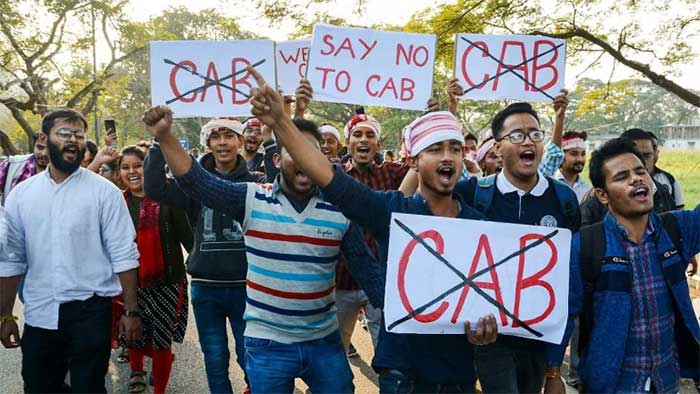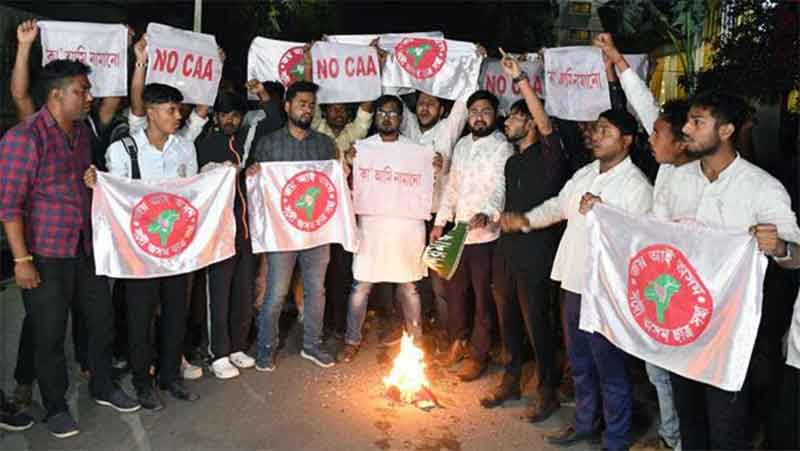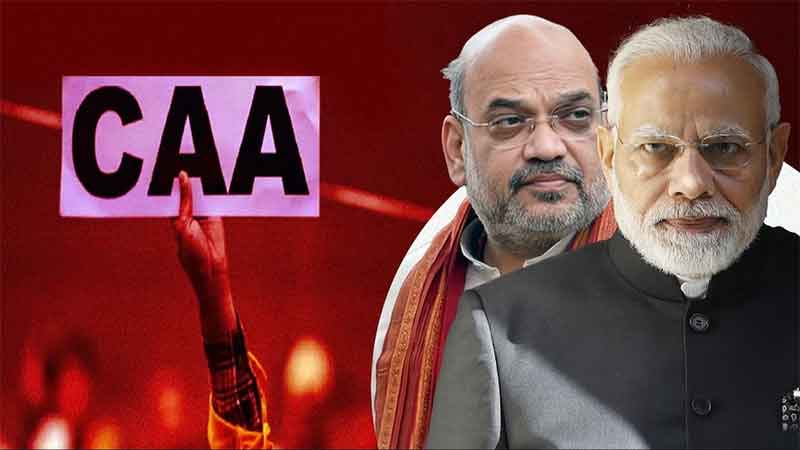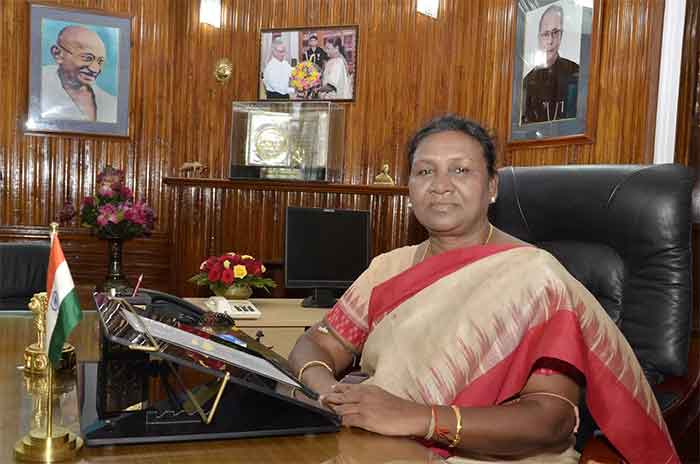
Both Lok Sabha and Rajya Sabha have passed the Citizenship Amendment Bill (CAB). With this India moves one more step further towards ‘Hindu Rashtra’ an anti-thesis to the idea of India. For citizenship by naturalization, a stay of 11 years was sufficient to acquire citizenship. This did not have a religious dimension to it. The current bill allows non-muslims from Pakistan, Bangladesh and Afghanistan to seek citizenship in India and period for acquisition of citizenship has been reduced to 5 years. From a stage where religion did not matter to a situation where religion matters in citizenship issues – India has moved one more step towards ‘Hindu Rashtra’.
Citizens Amendment Bill (CAB) is a direct attack on the idea of India. It violates constitution on several fronts. The constitution defines India as ‘secular’. Article 14 guarantees equality before law and equal protection of law. Hence in matters of citizenship, irrespective of religion one is eligible for citizenship. Through the process of excluding Muslims from acquiring naturalized citizenship, the bill indicates that it discriminates against a specific religion.
The moral argument it aims to project by stating that it intends to provide citizenship to the persecuted minorities in Pakistan, Bangladesh and Afghanistan remains a pure hypocrisy. The persecuted communities from Pakistan also include Ahmadiyas, which is a sect of Islam. Pakistan considers them as non-muslims and deprives them of rights. Balochis in Pakistan continue to face discrimination and face violation of their rights. Similarly, Hazaras face persecution in Afghanistan, which forms part of Islam. Rohingyas from another neighbouring country Myanmar suffer from the persecution of Government in Myanmar, yet they are unwelcome to India. Even the Tamil Hindus in Srilanka face discrimination as minorities by the Sinhala Buddhist majority. If moral argument of persecution is taken, all of these communities irrespective of religious basis should be allowed opportunity to acquire citizenship in India. The bill does not provide scope for these communities to acquire citizenship in India.
It is acceptable if persecuted ‘hindus’ as minorities who receive ill treatment in other countries get an opportunity to become part of India, not by their religious identity but as a humanitarian response. The same principle should also be applicable to other religions as well including ‘Muslims’. However by keeping ‘Muslims’ out from their potential acceptance as citizens, they carry forward their agenda of ‘showing them their place’. Ideally citizenship should be open to people facing persecutions in their countries such as the Rohingyas in Myanmar. However, CAB aims to make a distinction. Humanitarian issues hardly matters for a regime whose soul is built on ‘anti muslim’ hatred.
The protests against passage of the bill is being witnessed in North eastern states. The basis of the fears felt in North-east is not on the basis of religion, but a perception of threat of takeover by outsiders – who could be Hindus or Muslims but belong to a different ethnic community. While the agitations in Assam in the 1980’s or in Tripura were driven by anti-outsider sentiment, it did not have a religious angle to it. Hence the bill while being insensitive to the religious minorities also remains insensitive to ethnic minorities.
An argument being built by the current regime through its social media goes like – if persecuted jews could have Israel and Muslims could have Pakistan, then why not Hindus have their own nation ‘India’. What would happen to the persecuted Hindus in other countries? Why can’t they find their home in India? Both ways – India cannot imitate the example of Israel or Pakistan. Israel ‘jew’ majority continues to oppress ‘Palestinian’ Muslim minority. Unlike Pakistan, India decided to be different from Pakistan by not making ‘religion’ the basis for defining nationhood by constitution makers.
CAB is a direct attack on the soul of India, an India that did not evolve through accepting diverse cultures, religious racial and ethnic identities, but an idea of India defined by its ‘Hindu nationhood’. It is an unfinished task of ‘two nation theory’ being carried forward by the BJP regime. The current regime is finishing a task which Savarkar, Godse could not accomplish in their lives – that of creating a country through a purely religious identity
In the name of ‘nationalism’ what is being done is an undoing of India. This is an India that wasn’t.
T Navin works as a Researcher with an NGO
SIGN UP FOR COUNTERCURRENTS DAILY NEWS LETTER














































